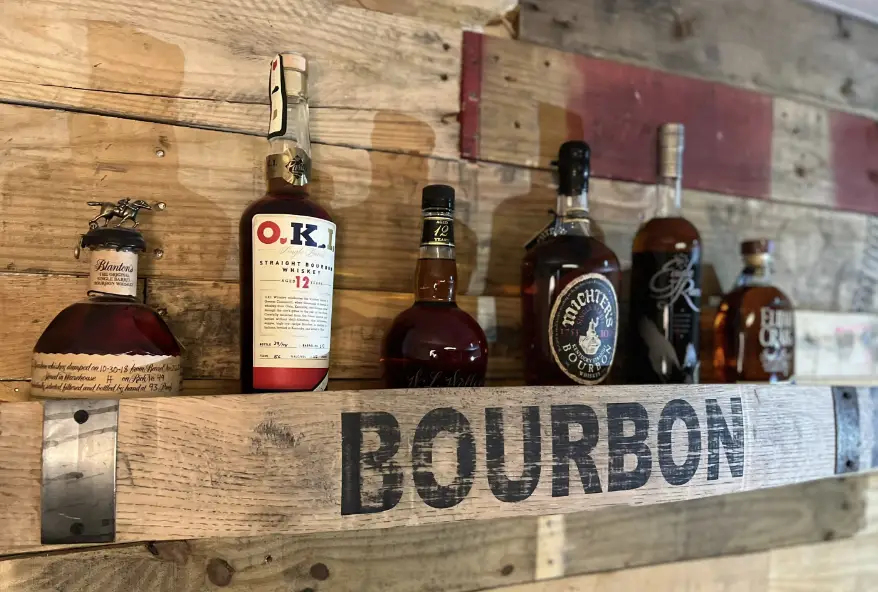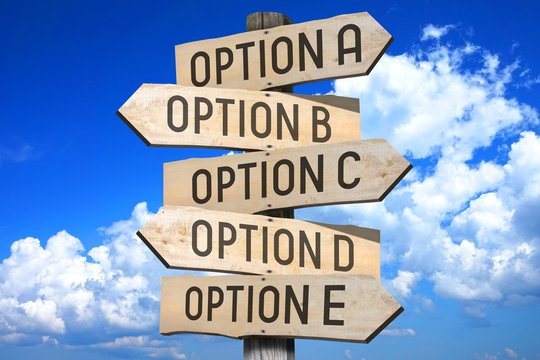
Aging Gracefully: Understanding the Shelf Life of Bourbon
As bourbon enthusiasts, we appreciate the rich flavors and complexities that develop over time in our favorite amber elixir. However, it’s important to understand the shelf life of bourbon and how it can affect the taste and quality of this beloved spirit. In this blog post, we’ll explore the factors that influence the shelf life of bourbon, including storage conditions, bottle openings, and the aging process, providing insights to help you savor your bourbon at its best.
- Unopened Bourbon Bottles:
Unopened bourbon bottles, when stored properly, have an indefinite shelf life. Unlike wine, which can deteriorate over time, bourbon’s high alcohol content and low pH make it resistant to spoilage. As long as the bottle remains sealed and is stored in a cool, dark place away from direct sunlight and extreme temperature fluctuations, the bourbon will retain its quality for many years, if not decades.
- Opened Bourbon Bottles:
Once a bourbon bottle is opened, its shelf life can be influenced by several factors. Exposure to air and oxygen can gradually alter the flavors and aromas of the bourbon over time. To extend the shelf life of opened bottles, it’s essential to minimize air contact. This can be achieved by resealing the bottle tightly after each use and storing it upright to reduce the surface area exposed to air.
- Storage Conditions:
Proper storage conditions play a vital role in preserving the quality of bourbon. Exposure to excessive heat or extreme temperature fluctuations can cause the bourbon to expand and contract, potentially affecting its flavor profile and even leading to bottle leakage. It’s recommended to store bourbon in a cool, dark place with consistent temperatures, away from direct sunlight and sources of heat.
- The Aging Process:
Unlike wine, bourbon doesn’t continue to mature or improve once it’s bottled. The aging process occurs exclusively in the barrels, where the spirit develops its unique characteristics over time. Once the bourbon is bottled, it will maintain its flavor profile, but it won’t continue to age or change significantly. Therefore, the age statement on a bourbon bottle represents the minimum amount of time the whiskey spent aging in the barrels before being bottled.
- Quality vs. Preference:
While bourbon doesn’t spoil or go bad, it’s important to note that its flavors and nuances can evolve over time. Some bourbon enthusiasts prefer younger expressions for their bold and vibrant flavors, while others enjoy the complexity and smoothness of older bourbons. Ultimately, the shelf life of bourbon comes down to personal preference. As long as the bourbon is stored properly and enjoyed within a reasonable timeframe, it will continue to provide a pleasurable drinking experience.
Conclusion:
Understanding the shelf life of bourbon allows us to appreciate and enjoy this cherished spirit to the fullest. Unopened bourbon bottles can be stored indefinitely if kept in optimal conditions, while opened bottles should be sealed tightly and stored upright to minimize air contact. Remember that the aging process occurs exclusively in the barrels, and once bottled, the bourbon’s flavor profile will remain relatively stable. By following proper storage practices and savoring bourbon within your desired age preference, you can ensure that each pour delivers the exceptional flavors and character that make bourbon such a beloved spirit. So, raise your glass, toast to the timeless allure of bourbon, and enjoy the journey through its flavors, knowing that the quality and pleasure it provides will endure.



